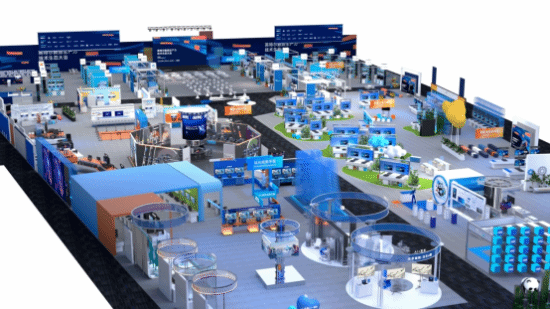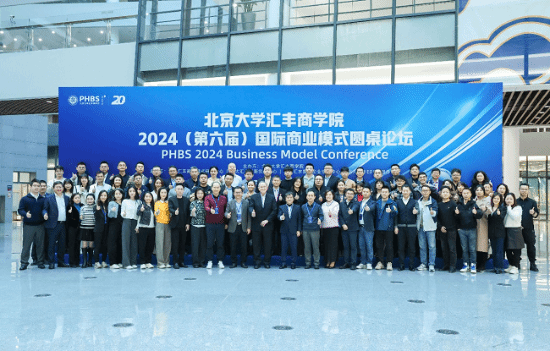On November 26, 2024, Chengdu – The Intel New Quality Productivity Technology Ecological Conference was held in Chengdu, with leaders from the Sichuan Provincial Government, Chengdu Municipal Government, High-tech Zone Management Committee, and relevant departments, along with over 2000 industry partners, gathered to share the trends and opportunities of digital economy driving the development of new quality productivity.
The conference focused on industry ecosystem construction and customer application implementation achievements, attracting ecological partners from information communication, internet, manufacturing, education, healthcare, transportation, retail, and other industries, making it one of the largest industry conferences held by Intel in China.
To deepen industrial ecosystem cooperation, Intel is actively promoting numerous measures. For example, Intel is collaborating with ecosystem partners to deeply cultivate five AI application scenarios including knowledge assistant, office assistant, entertainment assistant, creation assistant, and vertical assistant, bringing convenience to a wider range of PC users. Intel has released the AI PC Open Gateway (AOG) open source project and announced the first batch of partners, promoting the rapid growth of the AI PC software ecosystem. Intel is continuously promoting the implementation of AI applications in fields such as life sciences, culture and sports, and cloud services with enterprise customers, as well as the application practice of IT infrastructure in high performance and sustainable development. Intel has disclosed the technical details of the Open Platform for Enterprise AI 1.0 version (OPEA V1.0), further helping enterprises unlock AI potential. These achievements and measures not only demonstrate Intel’s in-depth understanding of local market opportunities and demands, but also reflect Intel’s efforts in deeply cultivating the local industrial ecosystem for a long time. Intel responds to the demands of the Chinese market, integrates resources, and continuously injects new vitality into the local ecosystem. For example, Intel continuously promotes open source development. In the Intel Developer Catalog, there are more than 450 software tools and resources to help developers create and deploy solutions. Moreover, more than 90% of Intel’s global open source projects and experiences have benefited Chinese industry partners and customers. Intel takes client and enterprise-level computing products as the core and covers all-round solutions from cloud to edge to end, promoting the prosperity of the x86 architecture ecosystem. For example, Intel has launched Core Ultra 200S and Core Ultra 200V processors and is steadily advancing towards the goal of shipping more than 100 million AI PCs by the end of 2025. Intel has launched Xeon 6 performance core and energy-efficient core processors to address the diverse workload challenges of data centers and meet the needs of modern data center computing power evolution, TCO optimization, and green energy conservation. In the new era of digitalization, intelligence, and greenization, Intel promotes industrial exchanges and opportunity sharing through the New Productivity Technology Ecosystem Conference and will achieve win-win results with the industry by providing customized products and solutions that meet local needs.


